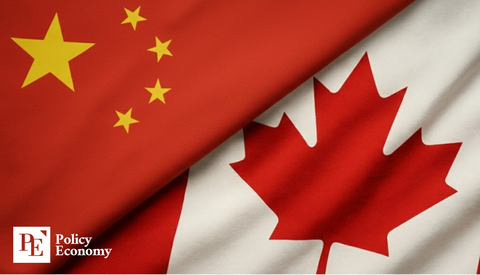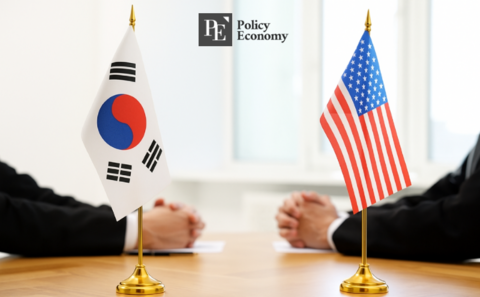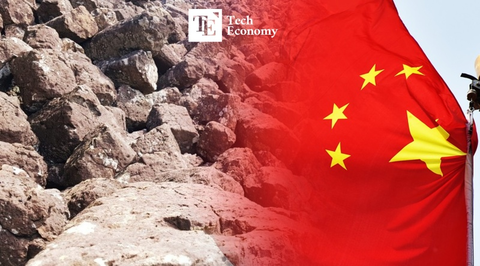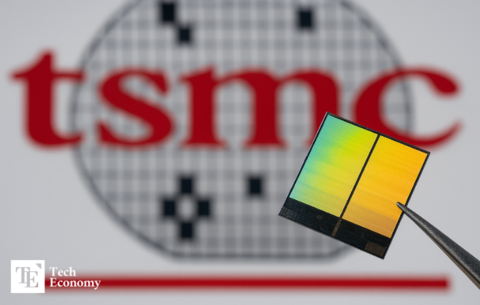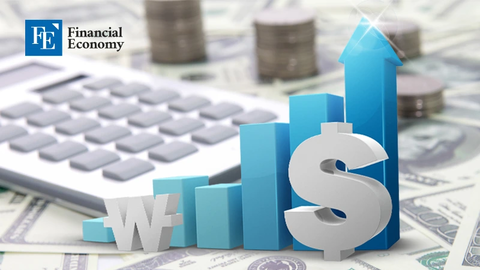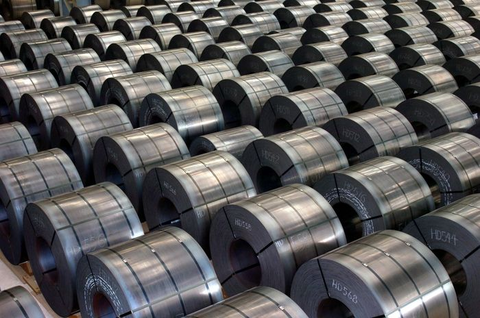Switzerland Faces Mass Corporate Exodus Amid Looming 39% U.S. Tariff Threat
Input
Modified
U.S. Cites Trade Imbalance, Lack of Investment
Luxury-Goods-Based Economy on Edge
Production Relocation to Neighboring States Under Review
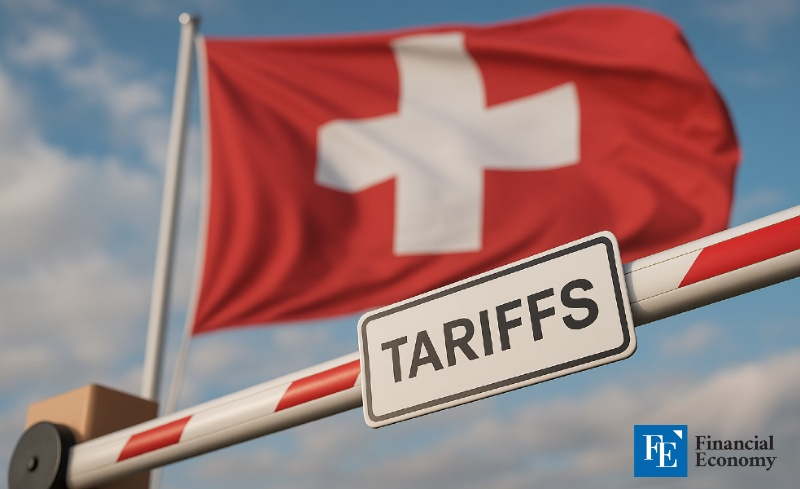
President Donald Trump’s announcement of a potential 39% tariff on Swiss exports has set the stage for a dramatic reshaping of Europe’s trade landscape. While the Swiss government scrambles to negotiate tariff relief, local industries—heavily reliant on luxury consumer goods—are bracing for plummeting demand and reputational damage. With the United Kingdom and European Union facing comparatively modest tariffs of 10% and 15% respectively, a growing number of companies are expected to leave Switzerland in search of more favorable trade conditions.
U.S. Applies Maximum Pressure, Switzerland Opts for Flexibility
On August 1, Trump reaffirmed plans to impose steep tariffs on countries that have not concluded trade deals with the United States, specifically targeting Swiss products with a 39% tariff—an 8-point increase from the 31% rate he had previously proposed in April. Speaking at a press briefing, Trump justified the move by citing a substantial trade deficit, noting that the U.S. recorded a $38.5 billion deficit with Switzerland last year.
In response, the Swiss government has launched an urgent diplomatic campaign, warning that the proposed tariffs would deal a severe blow to key export sectors heavily dependent on the U.S. market. Swiss authorities stated they are “prepared for further negotiations with the United States” and “are formulating a more attractive proposal.” A spokesperson from Switzerland’s Ministry of Economic Affairs also emphasized the strategic importance of the U.S. market, suggesting that measures to increase direct investment are under active review.
Trump’s decision to escalate pressure even on traditional allies like Switzerland signals a broader shift in U.S. trade policy with potentially far-reaching consequences. The U.S. is now prioritizing trade relationships based on direct foreign investment, trade balances, and domestic job creation. Countries that export heavily to the U.S. while investing little—such as Switzerland—are likely to face not only tariff hikes but also mounting pressure to overhaul their export-driven economic structures.
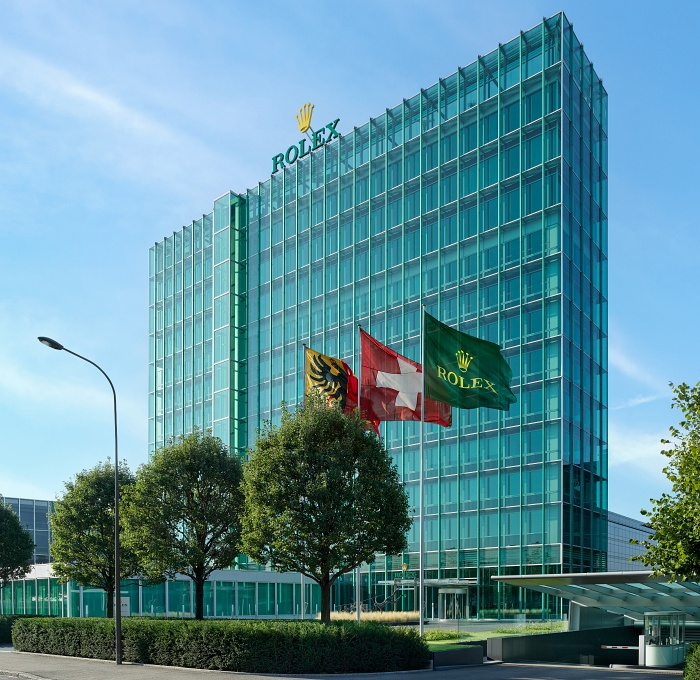
High-Value Exports Hit Harder by Tariff Hike
The Swiss business community is sounding the alarm. Many of the products targeted by the new tariff—including watches, medical devices, precision instruments, and cosmetics—are high-end consumer goods, the backbone of Switzerland’s export economy. With most companies competing on quality rather than price, even a modest increase in tariffs can cause a disproportionate drop in demand.
Luxury watchmakers such as Rolex, Omega, and Patek Philippe are particularly vulnerable, as the U.S. is among the top three markets for Swiss watches. Market research firm Jefferies estimates that if the 39% tariff is implemented, retail prices for Swiss watches in the U.S. could rise by 20% to 35%. Some American dealers have already raised prices by over 10% to offset rising import costs, and further hikes are expected to suppress sales significantly.
The pharmaceutical sector is also preparing for potential fallout. Swiss-based pharmaceutical giants Roche and Novartis stated they are “in direct talks with the U.S. government to ensure access and stability in the American healthcare supply chain.” Roche emphasized its commitment to the U.S. market, announcing plans to invest $50 billion and create 12,000 jobs to reassure stakeholders and mitigate supply concerns.
As companies take matters into their own hands, criticism has mounted over the Swiss government’s perceived diplomatic shortcomings. Compared to the 15% and 10% tariffs levied on EU member states and the UK respectively, Switzerland’s 39% tariff stands out as punitive. Some foreign media outlets reported that Trump was “infuriated” by what he perceived as the Swiss president’s lack of “good faith” in addressing trade imbalances, leading to the sharp escalation.
U.K. Seizes Opportunity to Attract Swiss Firms
Across Europe, countries are eyeing potential gains from Switzerland’s precarious position. London-based accounting firm Lubbock Fine remarked, “With this tariff agreement, British products gain a clear edge in the U.S. market over European competitors,” adding that “for companies seeking to retain U.S. competitiveness, relocating operations to the U.K. offers significant advantages.”
The British government is positioning this as a golden opportunity to revitalize domestic manufacturing. Since Brexit, the U.K. has struggled to attract major production facilities, but the Swiss tariff issue has allowed it to promote itself as a “strategic alternative—politically separate from Europe but commercially viable.” Meanwhile, chambers of commerce and trade promotion agencies across the EU have begun organizing briefings for Swiss firms, offering to ease investment conditions and attract potential relocations.
Swiss-headquartered companies operating throughout Europe are now actively exploring relocation scenarios to neighboring countries such as Germany, France, and Italy. Given their proximity, these countries offer logistical and supply chain advantages, making them attractive options for companies seeking to avoid tariffs. In effect, this wave of relocations—driven by tariff disparities—may trigger not just short-term adjustments but a broader restructuring of Europe’s industrial geography.



